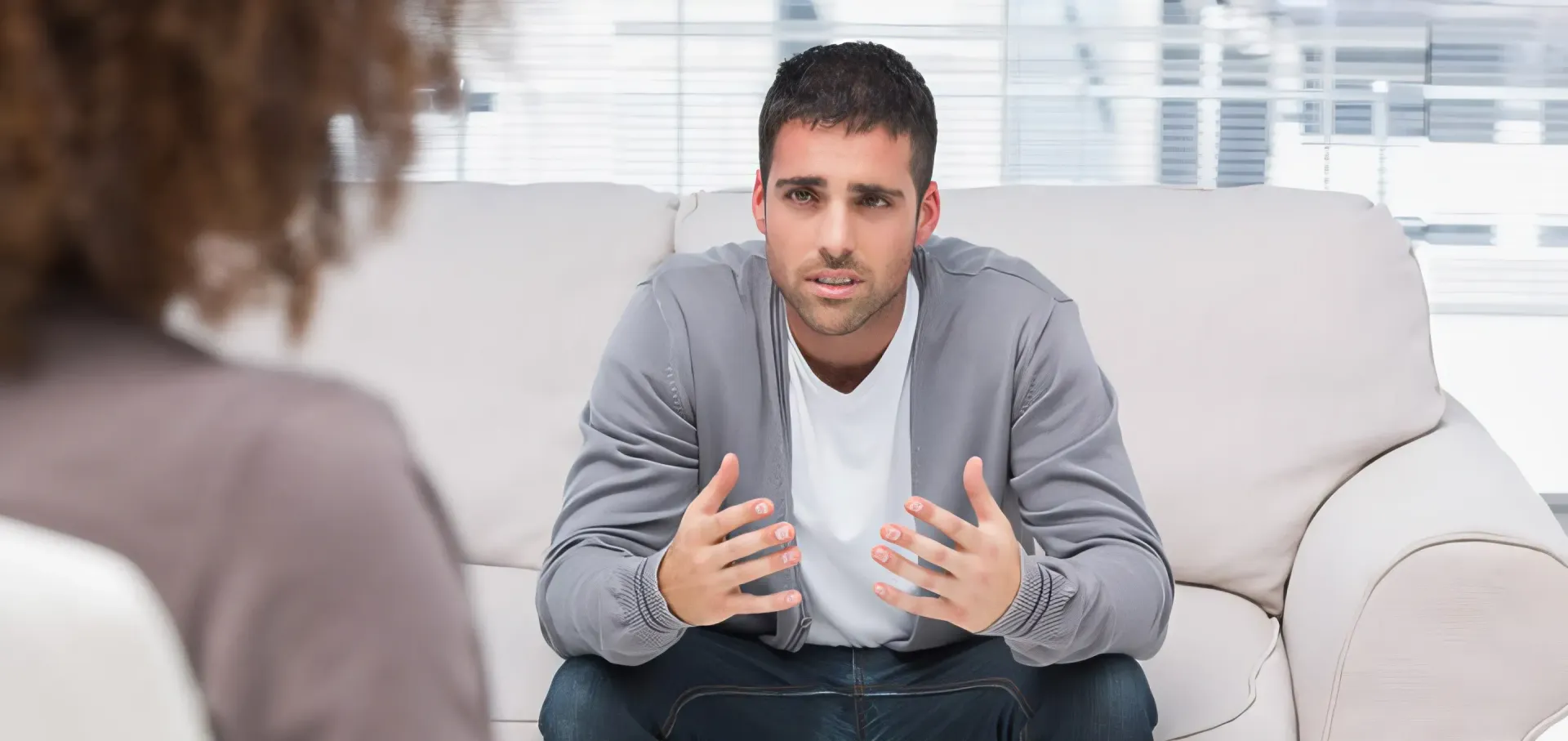Explore Our Blog
Men's Mental Health – Part 6: Talking to a Counsellor – What It’s Really Like
Advance Minds Blog
A safe space to explore subjects within the community such as mental health, substance abuse and personal identity.
Our safe space also provides the opportunity for real individuals to express their hardships and success through writing.
For many men, the idea of talking to a counsellor can feel strange, uncomfortable, or even pointless.

You might think, “What’s the use of talking?
I just need to get on with it.
” But counselling isn’t about weakness—it’s about finding strength through clarity, support, and self-understanding.
Here’s what it’s really like, and why more men are starting to embrace it.
🧠 Why Men Often Avoid Counselling
There’s still a lot of pressure on men to be independent, unemotional, and “in control.
” Talking about your struggles can feel like admitting failure—but it’s not. In fact, avoiding help often just makes the pressure worse.
Common reasons men avoid counselling:
- “I should be able to handle this myself.”
- “Talking won’t change anything.”
- “I don’t want to seem weak.”
- “I wouldn’t know what to say.”
These thoughts are normal—but they’re not true.
🛋 What Actually Happens in a Counselling Session
It’s not about lying on a couch or being judged. Counselling is a conversation.
A counsellor listens, helps you unpack what’s going on, and works with you to find practical ways forward.
You set the pace. You choose what to talk about.
There’s no pressure to “spill everything” in the first session.
What it often looks like:
- Talking through current stress or relationship issues
- Making sense of emotions you’ve been avoiding
- Learning tools to manage anxiety, anger, or low moods
- Working out what matters to you and how to move forward
It’s not about changing who you are—it’s about making life easier to carry.
🧰 What You Can Gain from Counselling
Men who go to counselling often report:
- Feeling lighter, like a weight’s been lifted
- Thinking more clearly under pressure
- Communicating better with partners or family
- Understanding themselves better
- Not feeling so alone with what they’re carrying
You don’t need to be in crisis.
Sometimes counselling is just a space to breathe and think.
🚶♂️ It’s Normal to Feel Nervous the First Time
Almost everyone feels uncertain before their first session.
That’s okay. The most important thing is to show up.
Here are some ways to ease in:
- Treat it like any other appointment—it’s just part of taking care of yourself
- Write down a few things you’d like to talk about
- Be honest if you’re unsure or uncomfortable—the counsellor can guide the process
- Remember: You can stop at any time. You’re in control
Sometimes the hardest step is the first one through the door.
💬 Counselling Isn’t Just for “Big Problems”
You don’t need to have a diagnosis or a crisis to benefit from counselling.
Maybe you’re feeling flat. Maybe you’re stuck in a rut.
Maybe you just need to talk to someone who isn’t part of your everyday life.
You deserve that space—even if you’re not sure why yet.
🧑🤝🧑 Choosing the Right Counsellor Matters
Like any relationship, the connection matters.
If the first counsellor doesn’t feel like a fit, try another.
Many men find that once they find the right person, the process becomes much easier and more useful.
Don’t give up after one try. Finding the right support is worth it.
🌿 Final Thoughts 💞🌈
Talking to a counsellor isn’t about being broken. It’s about being brave enough to say,
“I want things to be better.” And that’s something to be proud of.
Whether you need to process stress, work through a tough time, or simply understand yourself more clearly—counselling can help. You don’t have to figure it all out alone.
Talking might be the tool that changes everything.
You don’t have to talk perfectly. You just have to start.

















